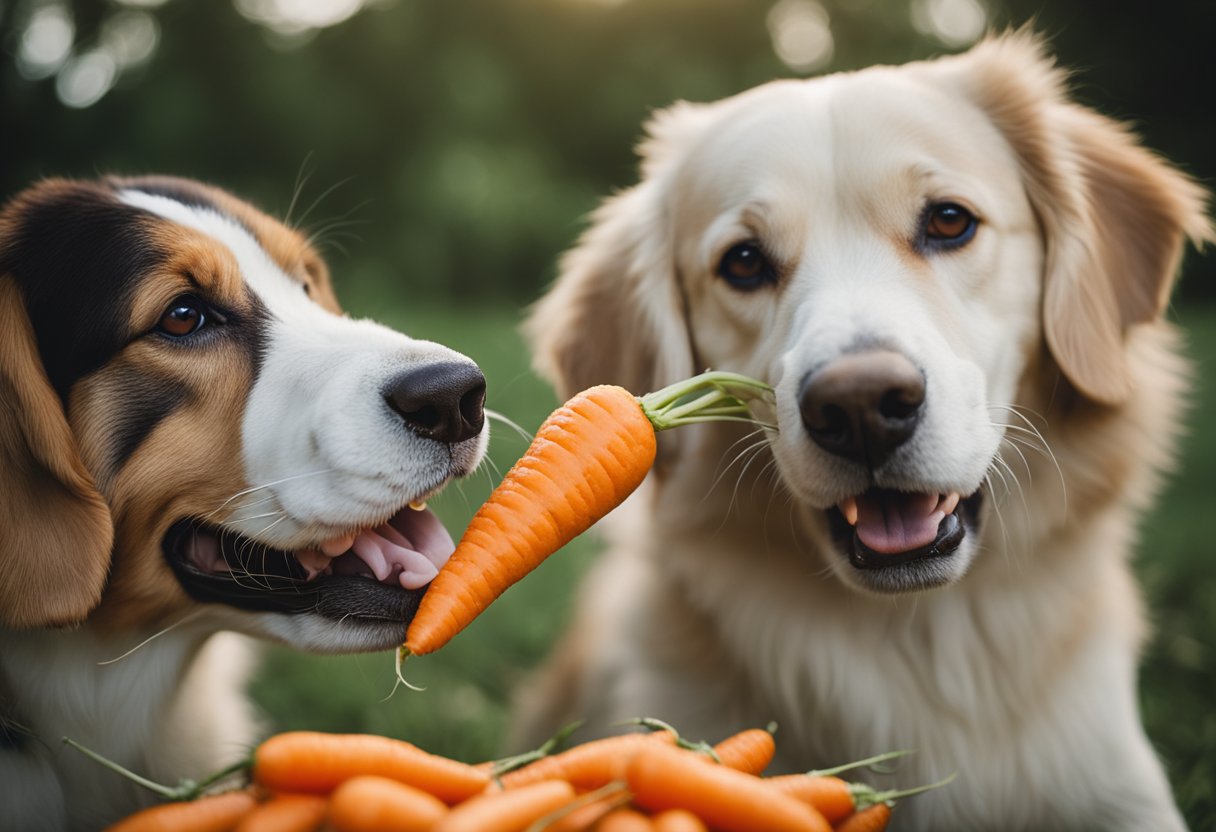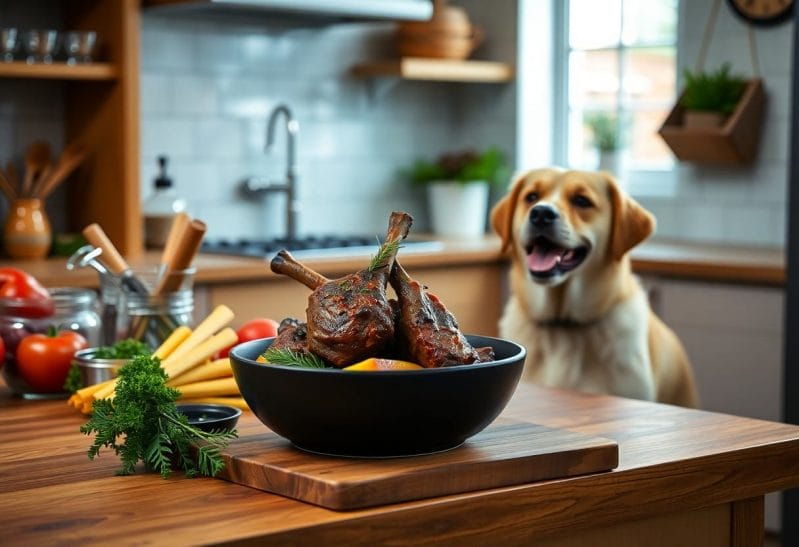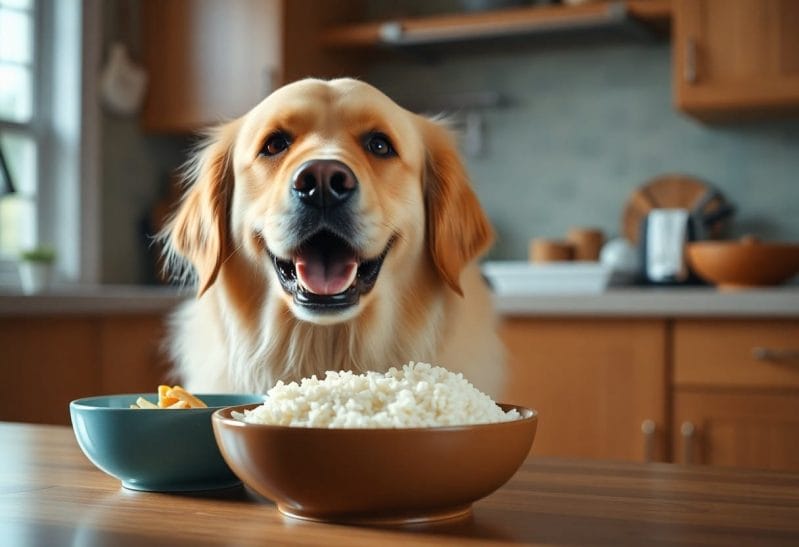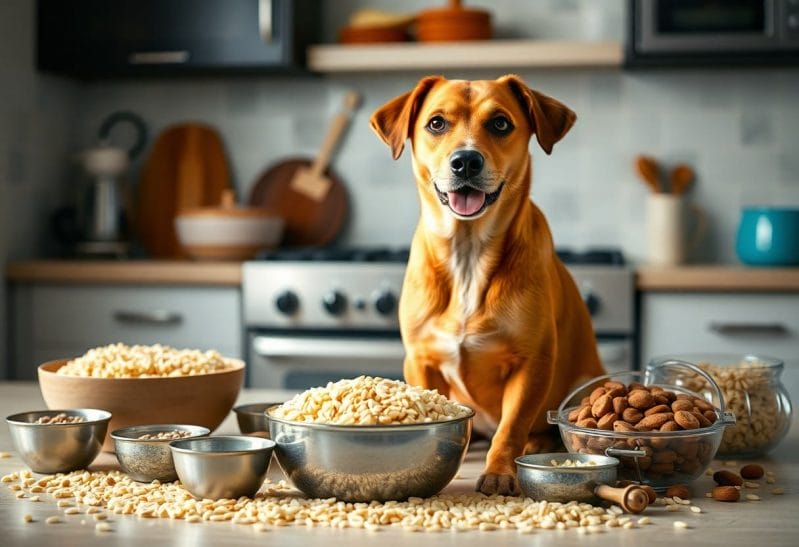Dogs often enjoy a variety of treats, and carrots might just be one of the healthiest options for your furry friend. Packed with vital vitamins and minerals, carrots can contribute positively to your dog’s overall diet. In fact, incorporating carrots can offer several health benefits, making them not just a tasty snack but also a nutritious one. To learn more about this topic, you can check out The Top 5 Reasons to Include Carrots In Your Dog’s Diet.
Key Takeaways:
- Healthy Snack: Carrots are a nutritious treat for dogs, low in calories and high in fiber, making them a great alternative to traditional dog snacks.
- Promotes Dental Health: Chewing on carrots can help clean teeth and reduce plaque buildup, benefiting your dog’s dental hygiene.
- Moderation is Key: While carrots are safe, they should be given in moderation to avoid digestive issues and should be cut into appropriate sizes to prevent choking.
Nutritional Benefits of Carrots for Dogs
While considering healthy treats for your furry friend, carrots stand out as a nutritious option that can be beneficial for dogs. Packed with necessary vitamins and minerals, they can contribute to your dog’s overall health.
Vitamins and Minerals
Carrots are an excellent source of vitamins A, C, and K, as well as necessary minerals like potassium and calcium. Vitamin A is particularly important for maintaining good vision, skin health, and a strong immune system in your dog.
Antioxidants
Nutritional compounds in carrots, especially antioxidants, play a critical role in combating oxidative stress in dogs. This can help reduce the risk of chronic diseases, enhance longevity, and improve quality of life for your furry companion.
To maximize the health benefits of antioxidants, you should consider incorporating raw or lightly cooked carrots into your dog’s diet. These compounds work to neutralize free radicals in the body, which can damage cells and contribute to aging and disease. Thus, providing your dog with a steady supply of antioxidants from carrots can be a smart choice for their health.
Fiber Content
One of the notable benefits of carrots is their high fiber content, which is crucial for maintaining a healthy digestive system in dogs. This fiber can promote regular bowel movements, helping to prevent constipation and maintain gut health.
Dogs that consume adequate fiber are likely to experience improved gut health and satiety, which can help in weight management. By including carrots in your dog’s diet, you’re not only adding nutrients but also enhancing their digestive efficiency, making it a win-win for both you and your pet.
Carrot Good For Dogs? Know Potential Risks
Some dog owners may assume that feeding their pets carrots is always safe, but it’s important to be aware of the potential risks associated with this crunchy treat. While carrots can be a nutritious addition to your dog’s diet, understanding the adverse effects can help you make informed decisions for your furry friend.
Digestive Issues
With any new food introduced to your dog’s diet, digestive issues can arise. Some dogs may experience gas, bloating, or diarrhea from eating carrots, particularly if they consume them in large quantities. It’s best to start with small amounts and monitor your dog to ensure they tolerate the vegetable well.
Choking Hazards
Risks of choking can occur if carrots are fed to your dog in large or improper sizes. Dogs may not chew their food thoroughly, leading to potential blockages or choking incidents. To reduce this risk, always cut carrots into manageable, bite-sized pieces before offering them to your pet.
Carrots can pose a choking hazard if given whole or in large chunks. If your dog tends to swallow food quickly or doesn’t chew well, it’s crucial to supervise them while eating and ensure that the carrot pieces are small enough to prevent any choking incidents. Always prioritize your dog’s safety by cutting carrots into appropriate sizes.
Allergies
One potential risk you should consider is the possibility of food allergies. While rare, some dogs may develop an allergic reaction to carrots, resulting in symptoms like itching, swelling, or digestive upset. If you notice any unusual reactions after introducing carrots into your dog’s diet, consult your veterinarian promptly.
A few dogs may have allergies to specific vegetables, including carrots. If your dog displays signs of an allergic reaction, such as excessive scratching, vomiting, or diarrhea, it’s important to stop feeding them carrots and consult your veterinarian. Understanding your dog’s unique dietary needs can help you avoid potential health risks.
How to Safely Feed Carrots to Dogs
Not all dogs can enjoy carrots safely without some careful consideration. It’s important to understand the best practices for preparing and serving this crunchy veggie to ensure your dog’s health and happiness.
Preparation Methods
To safely feed carrots to your dog, it’s best to chop them into small, manageable pieces to prevent choking hazards. You can choose to serve them raw for a crunchy treat, or steam them to soften the texture while retaining most of their nutrients.
Portion Control
Any time you introduce a new food to your dog’s diet, portion control is key. Start with small amounts of carrots and monitor your dog’s reaction to avoid any digestive upset. This way you can know how carrot good for dogs.
The size and weight of your dog will dictate the appropriate serving size. For small dogs, a few small bites of carrot can be sufficient, while larger dogs might enjoy a larger piece. Always adjust portions based on your dog’s size, age, and overall diet.
Combining Carrots with Other Foods
Other foods can complement carrots well, making for a nutritious mix that your dog will love. You can combine carrots with other vegetables or mix them into their regular dog food for added flavor and health benefits.
Preparation can be a fun way to enhance your dog’s meals. Try grating raw carrots over their kibble or mixing them with a bit of plain yogurt for an added treat. This not only increases the nutritional value but also makes mealtime a more exciting experience for your furry friend.
Summing up

With this in mind, incorporating carrots into your dog’s diet can be a nutritious and low-calorie treat that offers various health benefits. They are high in fiber and vitamins while being safe for your furry friend when served appropriately. Just remember to cut them into manageable pieces to prevent choking. For more information on whether dogs can eat carrots, you can check out this source on Can Dogs Eat Carrots?.
FAQ
Q: Is carrot safe for dogs to eat?
A: Yes, carrots are safe for dogs to eat in moderation. They are a low-calorie treat that provides vitamins and fiber, making them a healthy snack option. However, it is important to wash the carrots thoroughly and consider cutting them into small, manageable pieces to prevent choking, especially for smaller dogs. Always monitor your dog the first time they try a new food.
Q: What benefits do carrots provide for dogs?
A: Carrots are packed with nutritional benefits for dogs. They are a great source of beta-carotene, which is converted into vitamin A in the body and is important for maintaining healthy vision, skin, and immune function. Additionally, the crunchiness of carrots can help maintain dental health by reducing plaque buildup and promoting healthy chewing habits. The fiber content in carrots can also aid in digestion.
Q: How should I feed carrots to my dog?
A: You can feed carrots to your dog raw or cooked, but raw carrots are typically more beneficial due to the retention of vitamins and nutrients. Always wash and peel carrots before feeding them to your dog. Cut them into bite-sized pieces or sticks to make them easier for your dog to chew. Remember to start with small quantities and observe how your dog reacts to ensure they don’t have any sensitivities or digestive issues. As with any treat, carrots should only make up a small part of your dog’s overall diet.











